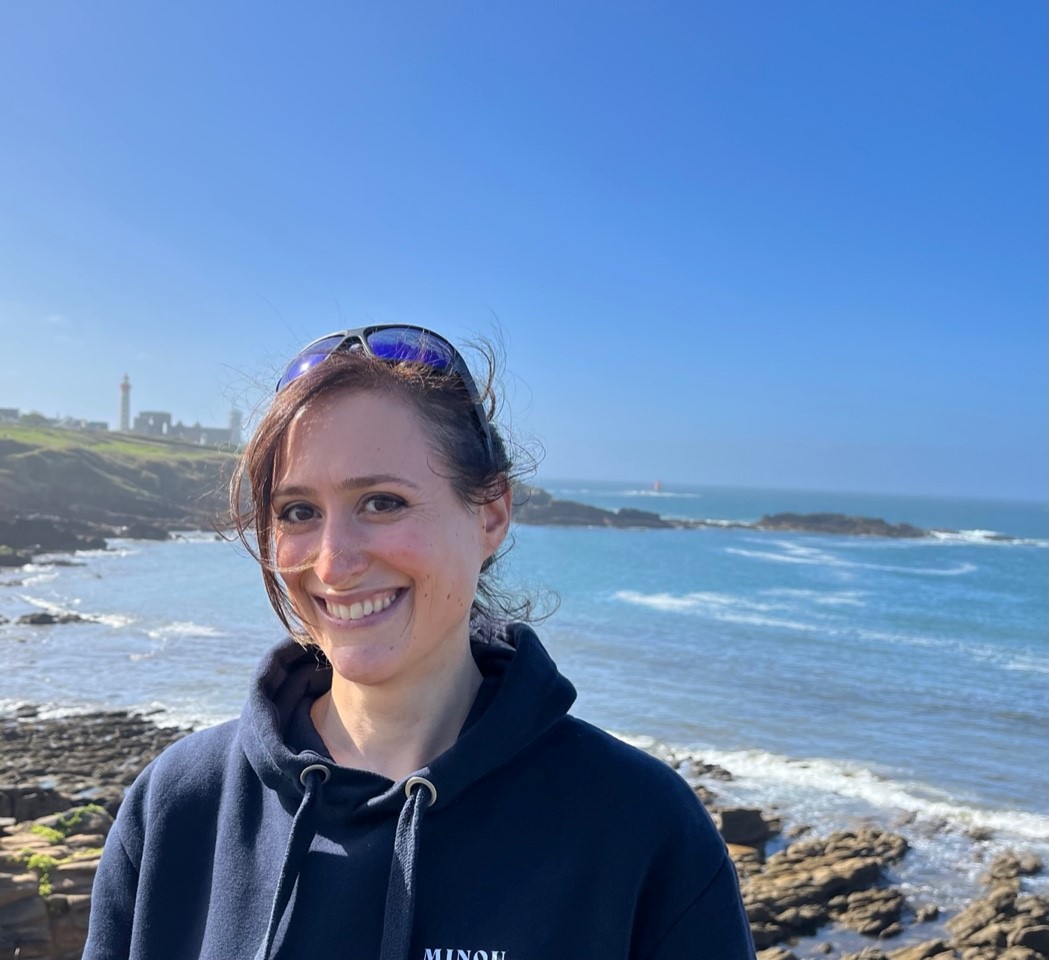
Dr. Héloïse Muller
ABOUT
Héloïse Muller is a researcher in sediment habitat dynamics at IFREMER since 2018. After a completing PhD in coastal physical oceanography focused on meteorological and hydrodynamics modelling in 2008 at the PhD School of Marine and Coastal Sciences in The University of Western Brittany in Brest, she worked as a researcher at the France’s reference public institution for earth science applications (brgm) on coastal risks (marine submersion and coastline retreat, including climate change effects) modelling. She specifically worked there on process-based hydrodynamics (wave and current) and sediment transport models development at seasonal time scale and spatial scale of the order of tens of meters. However, such models have their limits insofar as we would like to be able to predict the effects of climate change on coastal ecosystems. Actually, these modelling approaches are unable to make predictions on a hundred-year timescale because they are computationally expensive and also because all the processes at play in costal ecosystems (e.g., interactions with anthropic pressures and biology) are not yet sufficiently well understood to be formalized in equations. Since joining IFREMER in 2018, Héloïse develops innovative modeling strategies, coupling deterministic process-based modelling and statistical modeling based on artificial intelligence to model coastal processes that cannot be described in equations and to tackles long-term time scales. A partnership is established on that purpose with the Australian university of Queensland (QUT) in 2019 to develop a seagrass dynamics model using a hybrid framework in order to simulate long-term seagrass extent and biomass in a global change context.